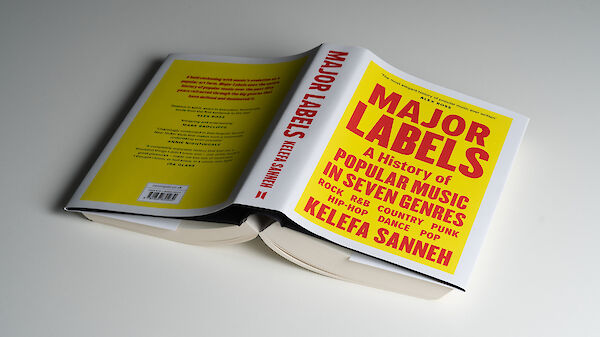Kelefa Sanneh
Kelefa Sanneh has been a New Yorker staff writer since 2008, when he left his position at the New York Times, where he had been the pop-music critic since 2002. Previously, he was the deputy editor of Transition, a journal of race and culture based at the W.E.B. Du Bois Research Institute at Harvard University. His writing has also appeared in a number of magazines and a handful of books, including Shake It Up: Great American Writing on Rock and Pop from Elvis to Jay Z, a Library of America Special Publication, and Da Capo Best Music Writing (2002, 2005, 2007 and 2011).
‘People have been arguing over hip-hop ever since it first emerged, in the Bronx, New York, in the 1970s. It was soon the most controversial genre in the country – a distinction that has not, somehow, been erased by time or by popularity. As the genre became successful, then mainstream, then finally dominant, it never became unobjectionable. Over the decades, hip-hop has retained a singular connection to poor Black neighbourhoods across the US – and, for that matter, poor and not-necessarily-Black neighbourhoods around the world. This connection accounts for some of the demands placed upon the music: many listeners have felt that the genre ought to be politically aware, or explicitly revolutionary’
Kelefa Sanneh
The Guardian

